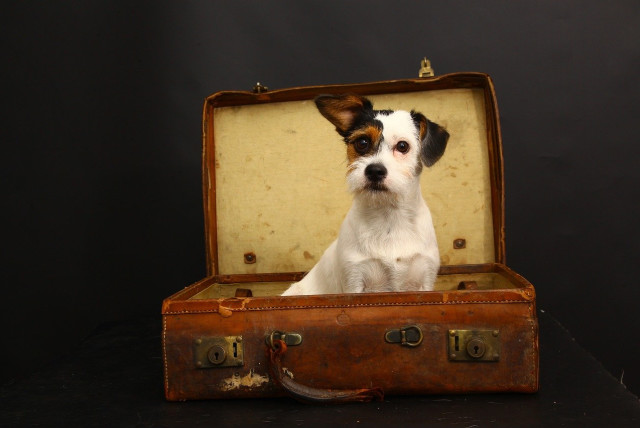Dog DNA detectives trace owners not scooping the poop in Italian province

Any owner who refuses the DNA profiling for their dog will face fines of 292 to 1,048 euros.
An Italian province is turning to DNA tests to tackle the scourge of dog mess on the streets.
Once a dog DNA registration database is up and running, street cleaners and health officials in Bolzano will be able to collect abandoned poop, have it genetically tested and then trace the owners who will face fines of 50 to 500 euros ($54 to $540).
Any owner who refuses the DNA profiling for their dog will face fines of 292 to 1,048 euros.
The provincial government covering Bolzano city and surrounding towns in the picturesque Dolomites region is creating the database for the almost 40,000 dogs in the area, veterinary department director Paolo Zambotto said. About 10,000 have already been registered.
"Bolzano receives a few hundred complaints a year from citizens about improper management of public land. More than half are for dogs," he told Reuters.
'They have to set up some kind of stakeout'
"Law enforcement could only catch three or four of them because they have to go there and set up some kind of stakeout."
DNA registration will become compulsory from around late March. Owners will be expected to have blood tests for their dogs, in municipal dog shelters or vet clinics, at a cost ranging from 65 to over 100 euros.
He did not give an estimated cost for the project, with the detection and administration expenses expect to be covered from the fines.
Bolzano, a mountainous German-speaking province near Austria, has wide autonomy in making its rules. Zambotto said other Italian cities had been in touch to potentially replicate the law.
Tourists and non-residents are exempted from the regulation.
Jerusalem Post Store
`; document.getElementById("linkPremium").innerHTML = cont; var divWithLink = document.getElementById("premium-link"); if (divWithLink !== null && divWithLink !== 'undefined') { divWithLink.style.border = "solid 1px #cb0f3e"; divWithLink.style.textAlign = "center"; divWithLink.style.marginBottom = "15px"; divWithLink.style.marginTop = "15px"; divWithLink.style.width = "100%"; divWithLink.style.backgroundColor = "#122952"; divWithLink.style.color = "#ffffff"; divWithLink.style.lineHeight = "1.5"; } } (function (v, i) { });

